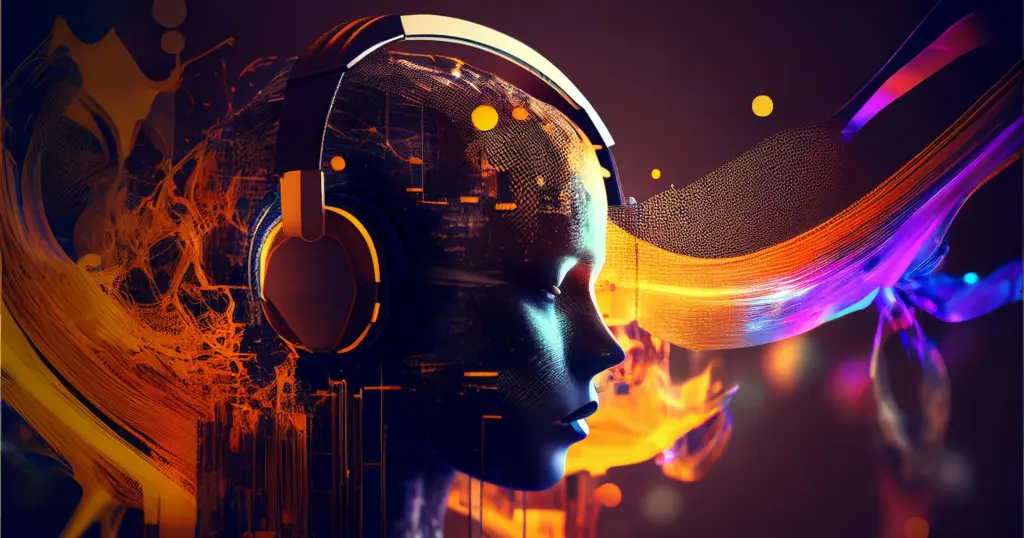Once upon a time, writing music was an art reserved for humans, inspired by heartbreak, joy, or even a rainy afternoon. Today, Artificial Intelligence is joining the jam session—composing tunes that sound eerily close to something you’d find in your Spotify playlist. But here’s the million-dollar question: Can AI composed songs actually stir up real human emotions the way a heartfelt ballad by Adele or a nostalgic Beatles classic can?
Well, let’s dive into it.
The Rise of Emotionally Intelligent Algorithms
AI in music isn’t new, but it’s definitely getting smarter. Tools like Amper Music, AIVA, and OpenAI’s MuseNet are composing full-length tracks in various genres, from classical to lo-fi hip hop. These tools analyze patterns, chord progressions, tempo, and dynamics from thousands of songs to create melodies that feel emotionally charged.
Interestingly, some artists are now using AI generated music to better represent your skills when showcasing their vocal or instrumental range. It’s becoming a creative partner rather than just a machine churning out sound.
Does the Human Ear Know the Difference?
In a 2023 MIT study, participants were played a mix of human and AI-composed songs without being told which was which. Over 65% of listeners failed to correctly identify which songs were AI-generated. Even more surprising? Some AI tracks scored higher on emotional impact than their human counterparts.
So, what’s going on here?
AI understands musical cues that traditionally evoke emotion—like a minor key to convey sadness or a crescendo to build excitement. But emotion isn’t just about technique; it’s about storytelling, nuance, and cultural context. And that’s where AI still struggles.
Actionable Insight: Use AI as a Creative Kickstart
Here’s the thing—AI might not have a soul, but it’s an incredible tool for inspiration. Musicians can use AI to generate initial drafts, experiment with genre fusions, or get out of creative blocks. You bring the emotion and the story; AI helps structure it in new and unexpected ways.
For non-musicians, AI music can be useful too—think custom soundtracks for YouTube, podcasts, or brand videos. Just be sure to add a human touch if you want that emotional resonance to really hit home.
Heart Meets Hardware
So, can AI composed songs evoke real human emotions? The answer is… sometimes. With the right input and human oversight, AI has the potential to move us. But the true magic still lies in the human experience – the stories, memories, and raw feelings that no algorithm can replicate. Yet.
And maybe that’s the beauty of it. AI isn’t replacing human musicians; it’s expanding the canvas they can paint on.
Hey, I’m Rahul Pandey, the mind behind the words you read here on Bststatus.com. I specialize in crafting engaging content across the worlds of crypto, tech, entertainment, and sports. With a deep passion for storytelling and a constant curiosity for what’s trending, I aim to bring fresh, insightful, and relatable content that keeps you informed and entertained all in one scroll.


